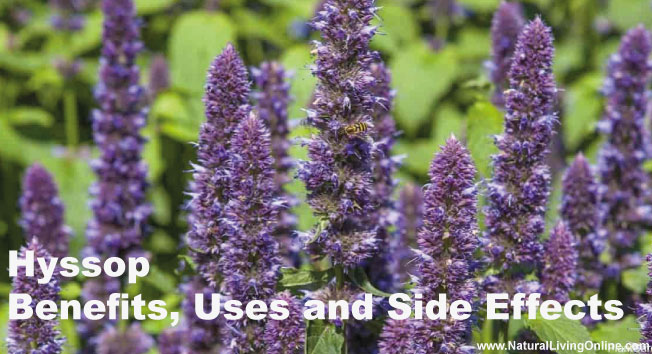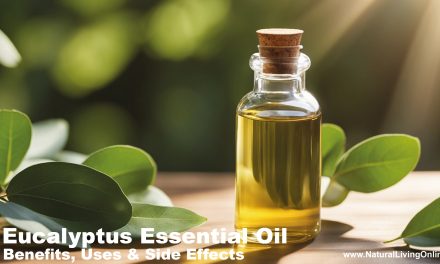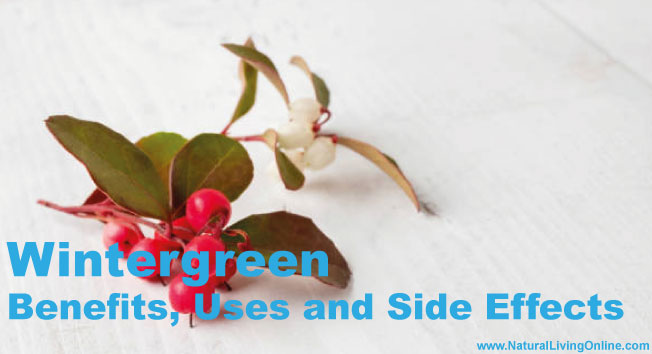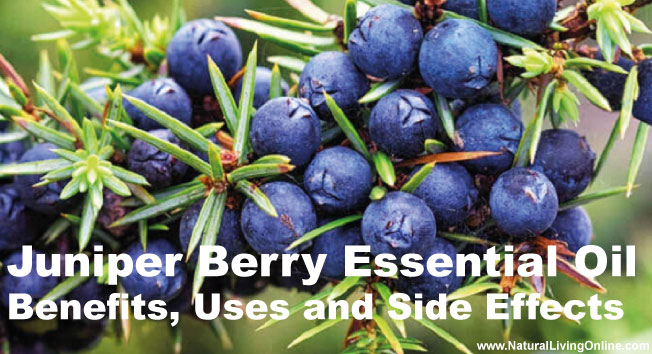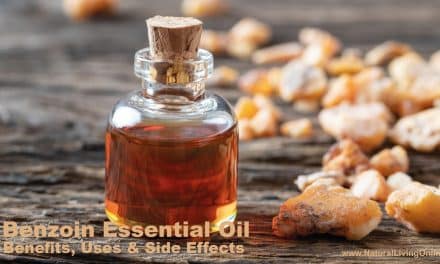Hyssop (Hyssopus officinalis) is a herb that has been used medicinally for centuries. The oil is extracted from the leaves and flowers of the plant. It has a sweet, minty smell and is pale yellow in color. Hyssop essential oil has many potential health benefits, including being an expectorant, antispasmodic, decongestant, and antibacterial. It is also said to boost the immune system and improve circulation.
Essential Oil Profile / Monograph
Botanical Name: Hyssopus officinalis
Common Names: Hyssop, azob, blue hyssop, common hyssop
Plant Family: Lamiaceae (Labiatae)
Countries of origin: Bulgaria, Hungary, France, Spain, Morocco
Extraction Method: Steam distillation
Parts Used: Leaves and flowers
Essential Oil smell: Minty, camphoraceous, slightly fruity
Essential Oil Color: Pale yellow
Viscosity: Thin
Perfumery Note: Middle
Strength of Aroma: Medium
Blends Well With: Basil, bergamot, cardamom, cedarwood, eucalyptus, lavender, lemon, marjoram, oregano, rosemary, thyme
Therapeutic Properties: Antispasmodic, expectorant, decongestant, antibacterial
Uses: Aromatherapy, massage therapy
Contraindications: Avoid during pregnancy. Not for use with infants or young children.
Side Effects: None known
Hyssop Essential Oil Chemical Constituents:
The chemical composition of hyssop essential oil varies depending on the country of origin and the extraction method used. However, the main components are typically alpha-pinene (3-8%), beta-pinene (5-10%), camphene (1-4%), 1,8-cineole (0.5-9%), limonene (0.5-4%), myrcene (0.5-4%), alpha-terpinene (2-6%), phellandrene (1-3%), terpinolene (1-3%), and linalool (0.5-3%). There are also trace amounts of other compounds, such as a-terpinene, camphor, carvacrol, caryophyllene, geraniol, thymol, and y-terpinene.
Frequently Asked Questions
What is Hyssop?
Hyssop is an herb that has been used medicinally for centuries. The oil is extracted from the leaves and flowers of the plant. It has a sweet, minty smell and is pale yellow in color. Hyssop essential oil has many potential health benefits, including being an expectorant, antispasmodic, decongestant, and antibacterial. It is also said to boost the immune system and improve circulation.
What are the benefits of Hyssop Essential Oil?
Hyssop essential oil has many potential health benefits, including being an expectorant, antispasmodic, decongestant, and antibacterial. It is also said to boost the immune system and improve circulation.
What are ways to use Hyssop Essential Oil?
Hyssop essential oil can be used in a diffuser, in a bath, or topically. It can also be taken internally, although this should only be done under the guidance of a qualified healthcare professional.
How can I use Hyssop Essential Oil internally?
Hyssop essential oil can be taken internally, although this should only be done under the guidance of a qualified healthcare professional.
How can I use Hyssop Essential Oil topically?
Hyssop essential oil can be used topically, although it should be diluted first. A 2% dilution is typically recommended.
Diffuser blends for aromatherapy with Hyssop Essential Oil:
1. Citrus Bliss: 2 drops each of bergamot, lemon, grapefruit, and hyssop essential oils
2. Energizing Blend: 2 drops each of rosemary, peppermint, and hyssop essential oils
3.Focus Blend: 2 drops each of rosemary, lemon, and hyssop essential oils
4. Immunity Boost: 2 drops each of eucalyptus, lemon, and hyssop essential oils
5. Relaxation Blend: 2 drops each of lavender, chamomile, and hyssop essential oils
6. Sinus Support: 2 drops each of eucalyptus, peppermint, and hyssop essential oils
7. Stress Relief: 2 drops each of lavender, bergamot, and hyssop essential oils
How can I use Hyssop Essential Oil in bath?
Hyssop essential oil can be used in a bath. A 2% dilution is typically recommended. Add the oil to a carrier oil or lotion before adding it to the bathtub.
Historical use of Hyssop as a herbal medicine:
Hyssop has been used medicinally for centuries. It was traditionally used to treat respiratory conditions such as bronchitis, coughs, and colds. It was also used to boost the immune system and improve circulation.
Is Hyssop Essential Oil safe for kids?
Hyssop essential oil is safe for kids when diluted properly. A 2% dilution is typically recommended.
Can Hyssop Essential Oil be used on pets?
Hyssop essential oil can be used on pets when diluted properly. A 2% dilution is typically recommended. Add the oil to a carrier oil or lotion before applying it to your pet.
DIY recipes using Hyssop Essential Oil:
1. Immune Boosting Diffuser Blend: 2 drops each of eucalyptus, lemon, and hyssop essential oils
2. Energizing Massage Oil: 2 drops each of rosemary, peppermint, and hyssop essential oils diluted in 1 ounce of carrier oil
3. Cold and Flu Bath Soak: 2 drops each of eucalyptus, peppermint, and hyssop essential oils diluted in 1 ounce of carrier oil or lotion
4. Sinus Relief Inhaler: 2 drops each of eucalyptus, peppermint, and hyssop essential oils
5. Stress Relief Diffuser Blend: 2 drops each of lavender, bergamot, and hyssop essential oils
References:
This website does not provide medical advice.
All information provided on this website, and on associated social media networks, including but not limited to texts, images, and numbers are for general information purpose only. It is not intended as medical advice and it does not include all possible precautions, side effects, or interactions that may occur. Neither NaturalLivingOnline.com nor its author/founder take responsibility for how you use this information. Statements contained on NaturalLivingOnline.com have not been evaluated by the FDA. You should conduct thorough research via multiple sources and consult your physician or qualified doctor before using any essential oil or herbal remedy. Information on NaturalLivingOnline.com must not be relied upon for medical, legal, financial or other decisions.

